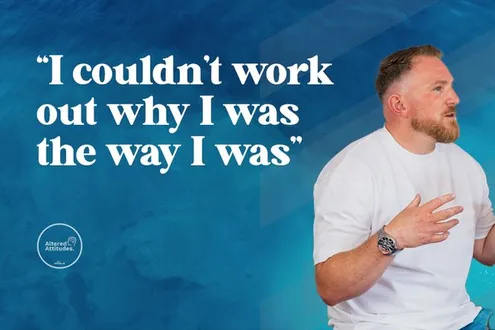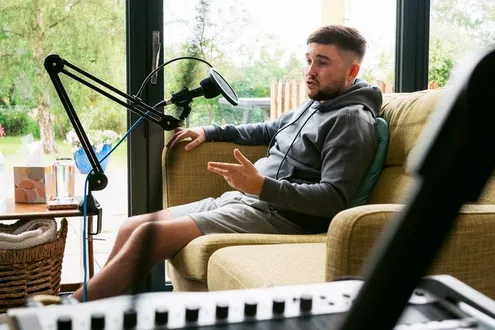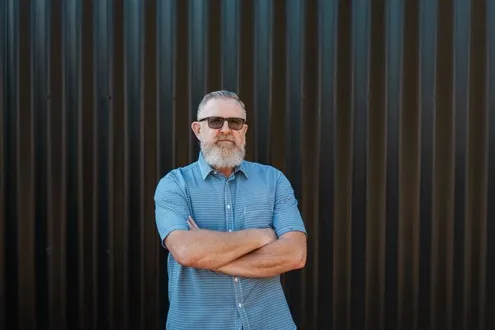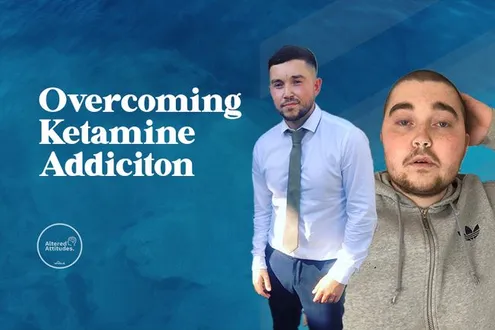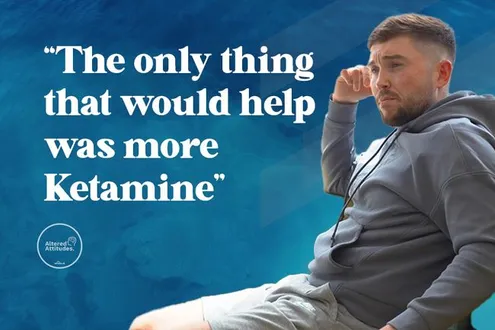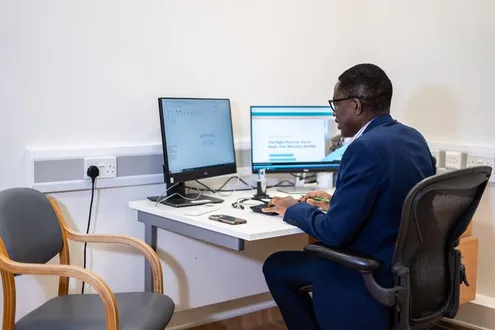Cognitive Behavioural Therapy (CBT) is a talking therapy. It works by looking at the links between thoughts, emotions and actions, and identifying ways to replace negative patterns, which are adversely affecting daily life, with positive ones.
This approach can be particularly effective for those struggling with addiction, because it can highlight the cycles of behaviour that lay behind the issue and provide practical techniques and coping mechanisms to help them take control of those cycles – and change them for the better.
A short-term programme of CBT will aim to break problems down into smaller, more manageable parts, working through them gradually and helping the person involved to take steps towards, and to achieve, a recognisable end goal. This particular model of therapy is popular within addiction residential facilities as well as outpatient rehab.
At Rehabs UK our addiction specialists can deliver CBT online or face to face (in certain locations) and access to an extensive aftercare package which includes online groups is also included.
The best way to assess what is right for the individual is by speaking to one of our Treatment Advisors who will give you a free assessment and explain the treatment options available to you or your loved one.


The aim of CBT is to help people identify the main factors involved in their addiction, and then to develop ways of dealing with them. For instance, it could be a regular ritual that needs breaking, or certain social scenarios that need to be managed.
Following an initial assessment, your therapist will utilise the CBT techniques and tools that are most appropriate to your individual situation. They could include imagery-based exposure, which involves examining negative memories that may play a part in addiction until they become less potent; and thought records, where automatic thoughts, feelings and behaviours are written down in certain situations, with unhelpful or irrational thoughts then challenged. These exercises are all part of the process of retraining the brain to think differently, and to take more positive actions as a result.
The length of the programme is also determined by individual needs, but courses usually range from four weeks to six months.
One of the main reasons CBT can be an effective treatment for addiction is that it equips the individual for long-term success, as well as dealing with the immediate issue. It also works towards regular goals, which gives a tangible sense of achievement and progress. These things are crucial in helping to significantly reduce the likelihood of relapse. With strengthened self-belief and the tools and coping mechanisms to call upon when needed, they can go out into the world with more confidence, and with the ability to deal more effectively with situations and negative thought cycles that can leave them vulnerable.

